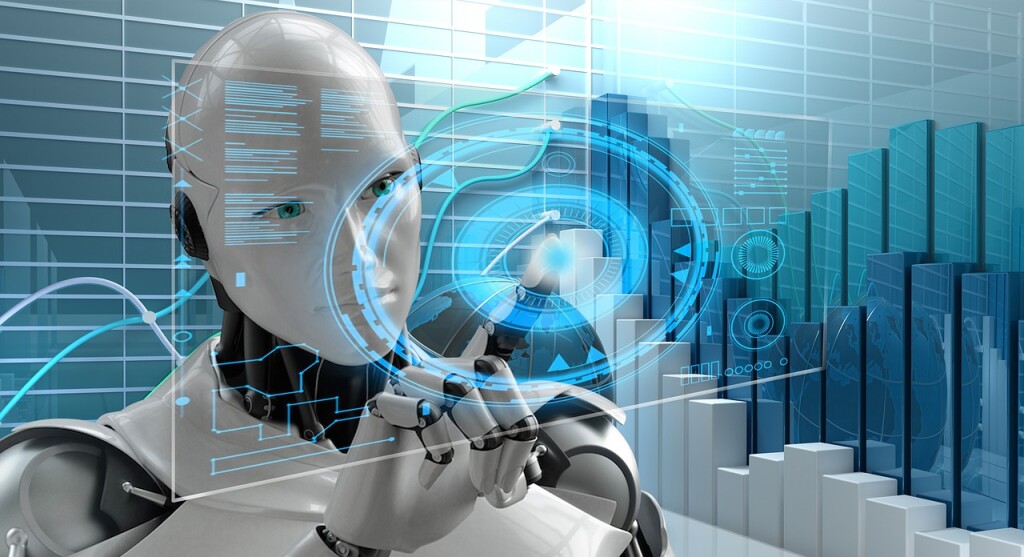How Artificial Intelligence Will Change Business Forever
Science fiction has been talking about artificial intelligence (AI) and the rise of the machines for over 150 years. In 1872, the concept of machines that had an almost human-like intelligence was featured in a novel of that time. Then, in the 1950s, a computer scientist used the exact phrase in a conference held that summer at Dartmouth College. The darker side of AI also emerged in the blockbuster movie “2001: A Space Odyssey” when HAL refused to open the pod bay doors as instructed.
Now, artificial intelligence is present in the business world and already having an impact on our daily lives. It’s no longer a function of science fiction, but part of our everyday landscape now. It’s affecting the decisions that are made, jobs that are automated and the future of how business will be conducted and humans will choose to live. Each year AI capabilities become more powerful and the effects more profound.
Jobs That May Go Away
If you want to take a moment and imagine a radically de-constructed world, imagine what it would look like if 40 percent of the current jobs simply went away. How would people survive, what would they do with their days? AI experts feel that in the next 15 years we could see that level of change. While at first the number seems startling, when you lift the hood on the AI engine and really let a deep understanding settle in, then you come to understand what is truly afoot. It’s projected that artificial intelligence will impact the future of work and life and will affect both blue and white collar employment.
As an example, let’s look at tele-sales. We’ve all received robo-calls or interacted with AI voice response systems that are balky, frustrating and basically worthless at times. But new developments in the technology portend a different future. AI will be able to generate a female voice that is comforting or a male voice that is persuasive, and they’ll know exactly what appeals to you. They’ll also be able to look through your buying and interest history so they know the product offers you’ll respond to.
Generating Cognitive Insights
The use of analytics allows businesses to generate key insights into trends, opportunities for revenue expansion and operational areas that need immediate attention. Basically, the artificial intelligence engine can hover over the entirety of an organization’s data and look for patterns that are there. While some of this work can be done using data warehouses and human analysts, AI can perform analyses and make predictions too.
If fleet management is part of your company’s profile, you’ll find that advanced functionality in a fleet management system will give you direct access to real-time, actionable data on all your vehicles. In addition, you can use historical information and current customer needs and demands to project optimized routes that help lower your costs and expenses. More information is available online if you would like to review a guide on how to choose the best fleet management software platform.
AI’s Increasing Effect on Marketing
Marketing is typically considered more of an art form that a science and there are several hurdles you will come across when marketing your brand. Yet, with the predictive power of artificial intelligence and its ability to sift through and manage vast amounts of data, it will revolutionize key aspects of marketing. The predictive aspect of these tools allows them to analyze massive data feeds and then correctly predict market changes, competitive strategies and supply and demand forecasts.
Personalized, spot-on marketing campaigns will also become the norm. Typically, marketing is targeted to an entire company’s audience or, in the best cases, to a couple of major segments. With the power of AI, firms will be able to create fine-tuned, highly targeted campaigns that allow them to interact with customers and prospects at a granular level. When combined with demographics and personality type information, they’ll know exactly what you might need to trigger a buying decision.


























